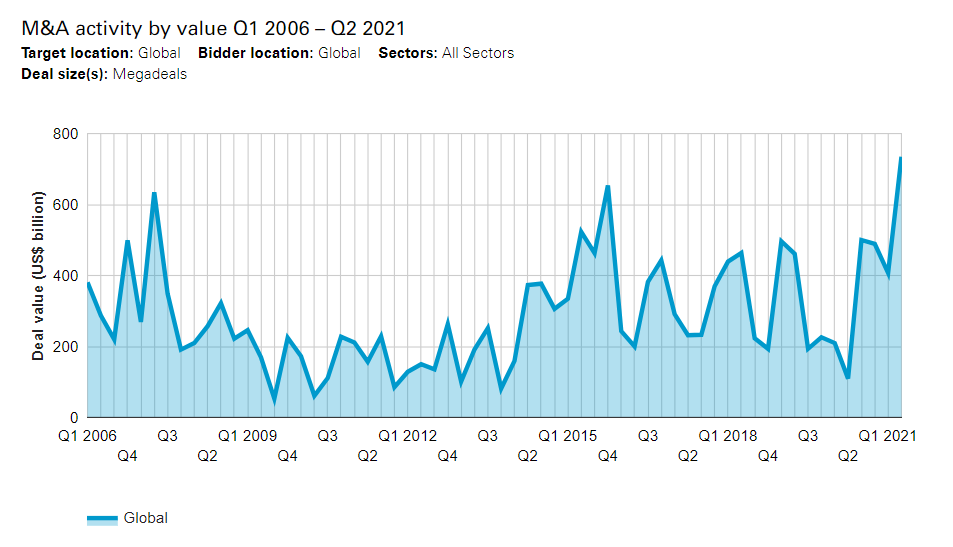Cydney S. Posner is special counsel at Cooley LLP. This post is based on her Cooley memorandum.
The SEC’s whistleblower program provides for awards in amounts between 10% and 30% of the monetary sanctions collected in an SEC action based on the whistleblower’s original information. The program, which has been in place for more than ten years, is widely acknowledged to have been a resounding success. In September 2020, the SEC adopted a number of amendments to the whistleblower rules, some of which were quite controversial. In early August, SEC Chair Gary Gensler issued a statement indicating that he had directed the SEC staff to revisit the whistleblower rules, in particular, two of the amendments that had been adopted in 2020. (See this PubCo post.) Gensler observed that concerns have been raised, including by whistleblowers as well as by Commissioners Allison Herren Lee and Caroline Crenshaw, that those amendments “could discourage whistleblowers from coming forward.” Now, the SEC has issued a policy statement advising how the SEC will proceed in the interim while changes to those rules are under consideration. Commissioners Hester Peirce and Elad Roisman were none too pleased with the SEC’s action here, questioning whether it might be part of a troubling pattern of unwinding actions taken by the last Administration. They made their views known in this statement.

